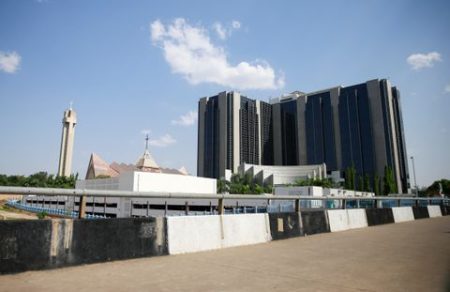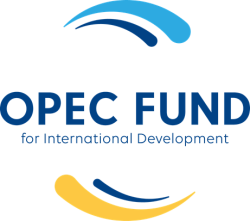 16 April 2012, Sweetcrude, HOUSTON – African nations have had their hopes dashed with the selection of Jim Yong Kim to head the World Bank, side-stepping the chance to put an African woman with 20 years’ financial experience into the top job.
16 April 2012, Sweetcrude, HOUSTON – African nations have had their hopes dashed with the selection of Jim Yong Kim to head the World Bank, side-stepping the chance to put an African woman with 20 years’ financial experience into the top job.
Much of Africa had supported the Nigerian Finance Minister, Ngozi Okonjo-Iweala, for the role.
But the decision has not come as a surprise, even for Ms Okonjo-Iweala.
“You know this thing is not really being decided on merit,” she said before the announcement.
Dr Kim, an American public health professor, was the candidate favoured by the US, which has dominated the World Bank for more than half a century, despite the fact that Mrs Okonjo-Iweala cut her teeth as managing director of the World Bank in 2007 and has a formidable track record as an economist.
But the choice had been more than a test of two candidates’ development credentials, the finance minister of Africa’s biggest economy argued.
Speaking a few hours before the announcement, South African Finance Minister Pravin Gordhan said the vote was a test of the World Bank’s democratic credentials.
He stopped short of calling the decision a stitch-up but said he had “serious concerns” about the organisation’s transparency.
The South African finance minister had cautioned against decisions made in “smoke-filled rooms” – a reference to the political carve-ups of the past – but said that poorer countries should have a greater say in shaping policy.
Glacial reforms
After all, sub-Saharan Africa is the focus of more than 500 World Bank initiatives and policy prescriptions, and decisions made in Washington have an enormous impact on this region.
Mr Gordhan had urged the World Bank to “look beyond the verbiage of democracy” and effectively put its money where its mouth was by opening up its decision-making process to public scrutiny and giving emerging nations a chance.



